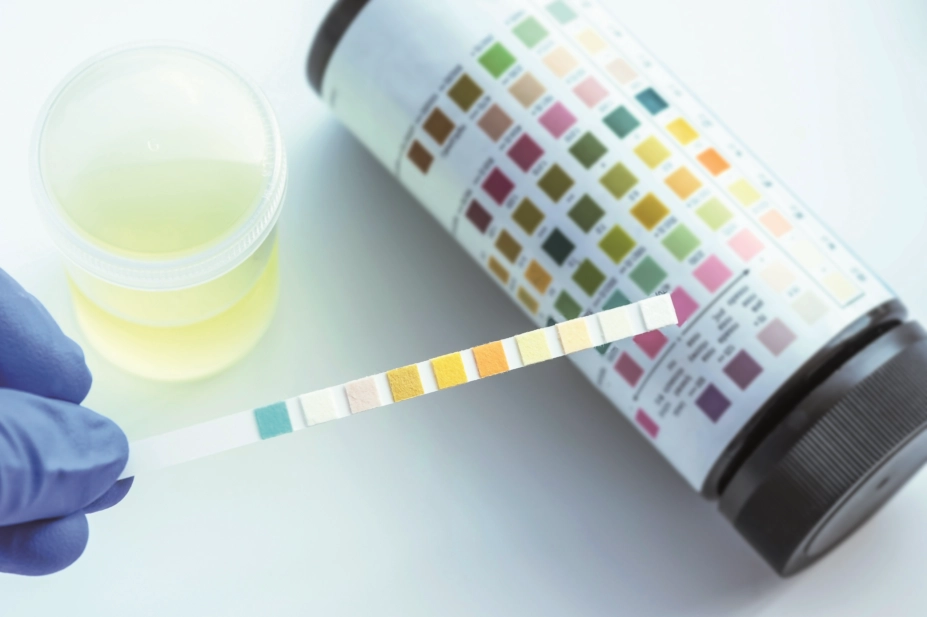
Shutterstock.com
Antithrombotic agents are linked to a high rate of adverse events, including bleeding. However, their association with blood in the urine (haematuria) has not been explored.
In a paper in JAMA (3 October 2017), researchers used data from Ontario, Canada on 2,518,064 patients aged 66 and over, to study the relationship between antithrombotic use and haematuria-related complications such as urologic procedures and hospitalisation or emergency department attendance[1]
.
During a median of 7.3 years’ follow-up, they found that compared with people unexposed to antithrombotics, patients who had received a prescription for an oral anticoagulant or antiplatelet medication were 44% more likely to have a haematuria-related complication (123.95 vs 80.17 events per 1000 person-years, respectively), including emergency department visits and hospitalisation.
The researchers said that although haematuria was less serious than other bleeding events, such as intracranial or gastrointestinal bleeding, the findings were important because of its impact on patients, including invasive procedures and decreased adherence to therapy.
References
[1] Wallis C, Juvet T, Lee Y et al. Association between use of antithrombotic medication and hematuria-related complications. JAMA 2017; 318:1260-1271. doi:10.1001/jama.2017.13890


